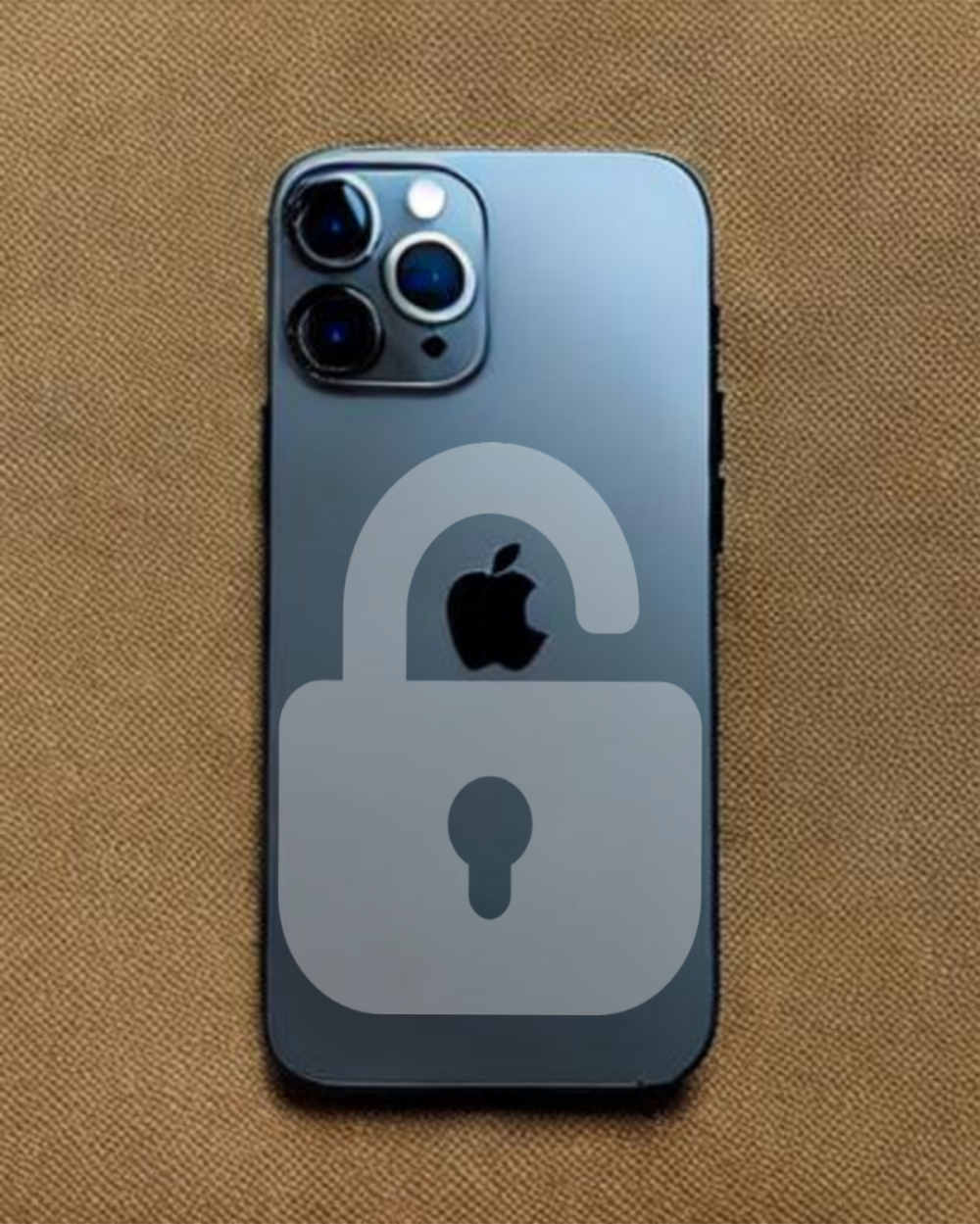Breach of Contract Lawsuit | Digital Ethics | Technology
Introduction: The Age of Influence Meets the Rule of Law
In the fast-paced world of digital content creation, influence is power—but power comes with liability.
When Apple Inc. filed a lawsuit this summer against tech YouTuber Jon Prosser over alleged leaks of its unreleased iOS 26 software, it sent a chilling message to the influencer community: entertainment does not excuse illegality.
The case, filed in the U.S. District Court for the Northern District of California (No. 3:25-cv-06043), accuses Prosser and an associate of misappropriating trade secrets, breach of contract, and unauthorized access to Apple property. As of late October, Apple told the court that Prosser “has not yet responded” to the suit, and a clerk’s default entry has already been recorded.
Beyond the headline, the case illustrates an urgent truth: influencers are not exempt from corporate, privacy, and intellectual-property laws.
The Lawsuit: Leaks, Trade Secrets, and Digital Ethics
Apple’s complaint paints a striking picture. It alleges that Prosser obtained confidential details of iOS 26—months before its official reveal—via a third party who accessed a company-issued iPhone belonging to an Apple engineer.
Apple contends that Prosser knowingly used that information to create and monetize YouTube content through his popular channel Front Page Tech, generating ad revenue and public buzz at Apple’s expense.
Under the Defend Trade Secrets Act (DTSA) and California’s Uniform Trade Secrets Act (CUTSA), companies can sue individuals who misappropriate or publicly disclose proprietary information without authorization. The acts define trade secrets broadly to include “any business, technical, or financial information” that derives economic value from not being generally known.
If the court upholds Apple’s claims—and Prosser fails to defend them—he could face injunctive relief, damages, and legal costs, potentially including punitive damages for willful misappropriation.
The legal takeaway is clear: even reporting on or sharing leaked material may cross legal lines when trade secrets are involved.
The Broader Lesson: Influencers Are Subject to the Same Laws as Corporations
The Apple–Prosser dispute is just one example of a growing pattern in digital media law: social media influencers, vloggers, and streamers are increasingly treated as professional publishers, not hobbyists.
That shift carries legal responsibilities across multiple domains:
1. Trade Secret and Confidentiality Law
Influencers in the tech, beauty, or entertainment sectors often deal with embargoed or insider information—product samples, beta software, or unreleased campaigns. Accepting or publicizing leaked materials, even if provided by a third party, can expose influencers to liability under trade secret law.
Key precedent: Courts have ruled that knowledge of a potential confidentiality breach can make third parties liable if they use or disclose protected information (U.S. v. Nosal, 844 F.3d 1024 (9th Cir. 2016)).
2. FTC Endorsement and Advertising Rules
Under the Federal Trade Commission’s (FTC) Endorsement Guides, influencers must clearly disclose any paid partnerships or sponsorships. Failing to identify sponsored content can result in FTC fines or cease-and-desist orders.
Recent FTC updates emphasize “clear, conspicuous, and unambiguous” disclosures—hashtags like #ad or #sponsored are mandatory when money or products change hands.
3. Defamation and False Claims
The ease of “hot takes” and “exposés” online means influencers risk defamation suits if they make false or misleading claims about individuals or companies. Under New York Times Co. v. Sullivan, public figures must prove “actual malice,” but private plaintiffs need only show negligence—a standard many influencers fail to meet when chasing clicks.
4. Copyright and Fair Use
Influencers using copyrighted material—music, clips, or brand assets—without permission risk takedown notices or litigation. The Copyright Act of 1976 and the Digital Millennium Copyright Act (DMCA) give rights holders strong enforcement tools.
Even “fair use” is not a blanket defense. Commentary or parody must transform the original work meaningfully, not merely repackage it.
5. Privacy, Cybersecurity, and Data Handling
With many influencers operating as de facto businesses, handling fan data (via newsletters, giveaways, or merchandise) invokes privacy laws such as the California Consumer Privacy Act (CCPA) or GDPR in Europe. Mishandling subscriber information or failing to secure databases can result in heavy fines.
From Fame to Liability: When Influence Outpaces Compliance
Influencers often rise to prominence faster than they can formalize legal safeguards. Many operate without legal counsel, proper contracts, or compliance awareness.
In Apple’s case, Prosser’s alleged conduct—using potentially stolen information to produce content—highlights a dangerous gap: the line between reporting and misappropriation.
Courts have long protected journalists under the First Amendment, but YouTubers and influencers occupy a legal gray zone. Unlike traditional reporters, many lack institutional protections, legal departments, or editorial oversight. As a result, they may unintentionally engage in conduct that courts see as commercial exploitation, not journalism.
“The modern influencer is both a media outlet and a business,” says Alexandra Ruiz, a digital media attorney with Covington & Burling LLP. “That dual role brings both freedom and responsibility. You can’t claim the protections of the press while ignoring the liabilities of a publisher.”
How Influencers Can Stay Compliant
1. Establish Legal Awareness Early
Influencers should understand the key statutes that apply to their content—especially copyright, advertising, and privacy laws. Consulting with legal counsel during growth stages can prevent expensive mistakes.
2. Use Contracts and NDAs
When working with brands, PR agencies, or anonymous sources, influencers should secure written agreements clarifying what can and cannot be disclosed.
3. Respect Embargoes and Confidentiality
Receiving leaked material—especially from anonymous insiders—should raise red flags. If the material may contain confidential or proprietary content, it’s safest not to publish.
4. Follow FTC Disclosure Guidelines
Always disclose sponsorships, affiliate links, or gifted items. The FTC’s standard is “clear and conspicuous,” meaning disclosures must be visible and understandable to all audiences.
5. Separate Commentary from Fact
Avoid presenting unverified rumors or speculation as factual claims. Qualify opinions and cite sources to minimize defamation risk.
6. Maintain Cyber Hygiene
Protect your devices, accounts, and audience data. A privacy or data-leak scandal can carry both reputational and legal consequences.
The Future: Regulation Meets the Creator Economy
As social media becomes a dominant mode of communication, regulators are moving to treat influencers as legitimate commercial actors.
The FTC, SEC, and EU regulators have all expanded enforcement against deceptive influencer practices. Meanwhile, companies like Apple are demonstrating a zero-tolerance approach to trade secret violations and leaks.
The outcome of Apple v. Prosser could set a powerful precedent—defining how courts view influencers’ liability for using confidential or leaked corporate information.
Conclusion: Influence Is Not Immunity
Social media influence can build careers—but it can also destroy them when creators ignore the law. The Apple v. Prosser case is a cautionary tale for the modern digital entrepreneur: content creation exists within the same legal framework that governs every other business.
As digital platforms mature and legal scrutiny increases, influencers must recognize that credibility, transparency, and compliance are their most valuable assets.
The age of viral fame without accountability is ending—and the next generation of creators must learn to influence responsibly.






